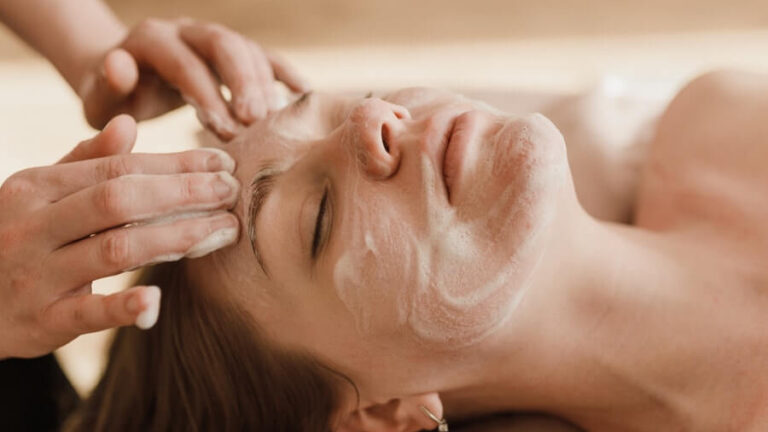Skin Therapist in Pathankot
What You Can Do About Stress and How It Affects Your Skin
Introduction
In today’s fast-paced world, stress has become an inevitable aspect of life for many people. Its impacts on mental and emotional health are well established, but its effects on physical health, especially skin health, are often overlooked. This post will explore the intricate connection between stress and skin health, outlining the ways in which stress can harm our skin and offering remedies to mitigate those effects. For those seeking professional help in managing stress and improving skin health, consider consulting a dermatologist or a Skin Therapist in Pathankot.
Stress and Skin: Exposing the Relationship
Recent research has shed light on the profound connection between the mind and the skin. When we experience stress, our body’s stress response system, also known as the fightorflight response, is triggered. This leads to the release of hormones like cortisol, adrenaline, and norepinephrine, which can have farreaching effects on various bodily systems, including the skin.
The Hormonal Havoc: Cortisol and Beyond
Cortisol, often referred to as the “stress hormone,” plays a central role in the body’s response to stress. Elevated cortisol levels can disrupt the skin’s natural balance, leading to increased oil production, inflammation, and impaired wound healing. Additionally, stress hormones can interfere with the skin’s ability to retain moisture, resulting in dryness and dehydration.
Acne Aggravation: Stress as a Catalyst
For those prone to acne, stress can serve as a potent trigger for breakouts. The combination of increased sebum production and inflammation creates an ideal environment for acnecausing bacteria to thrive, exacerbating existing acne or precipitating new flareups.
The Itchy Truth: Stress and Eczema
Individuals with eczema or other inflammatory skin conditions may find that stress exacerbates their symptoms. Stressinduced inflammation can trigger or worsen eczema flareups, leading to intense itching, redness, and discomfort.
Premature Aging: Stress’s Stealthy Sabotage
In addition to its role in exacerbating common skin concerns like acne and eczema, stress can also accelerate the aging process. Chronic stress has been linked to the breakdown of collagen and elastin, proteins that keep the skin firm and elastic, resulting in the formation of wrinkles, fine lines, and sagging skin.
Skin Deep: Beyond the Surface
Beyond its visible effects, stress can impact overall skin health in subtle ways. Prolonged stress can compromise the skin’s barrier function, making it more susceptible to environmental aggressors like pollution and UV radiation. This can further exacerbate existing skin issues and contribute to premature aging.
Stress Management Strategies for Healthy Skin
While it may be impossible to eliminate stress entirely, there are steps we can take to manage it effectively and mitigate its impact on our skin. Incorporating stressrelieving activities into our daily routine, such as mindfulness meditation, yoga, or deep breathing exercises, can help to reduce stress levels and promote overall wellbeing.
Conclusion: Nurturing Skin and Soul
In summary, there is a complicated and nuanced relationship between stress and skin health. By comprehending the ways that stress can damage our skin and incorporating stress management techniques into our daily lives, we can endeavor to get not only healthier skin but also a higher sense of general wellness. Recall that caring for your body and mind complements caring for your skin. If you’re looking for additional support with your skin health, consider consulting a Best Skin specialist in Pathankot.
FAQs (Frequently Asked Questions)
1: Can stress really impact my skin’s health?
Absolutely. When we’re stressed, our body releases hormones like cortisol, which can trigger various skin issues such as acne, eczema flareups, and premature aging. Stress can also compromise the skin’s barrier function, making it more susceptible to environmental damage.
2: How can I tell if my skin issues are related to stress?
While it’s essential to consult with a dermatologist for a proper diagnosis, certain clues can indicate stressrelated skin issues. If you notice a sudden onset or worsening of acne, eczema, or other skin conditions during periods of heightened stress, it’s likely that stress is a contributing factor.
3: What are some effective stress management techniques for promoting skin health?
Incorporating stressrelieving activities into your daily routine can help mitigate its effects on your skin. Practices like mindfulness meditation, yoga, deep breathing exercises, and regular physical activity have been shown to reduce stress levels and promote overall wellbeing, which can positively impact skin health.

